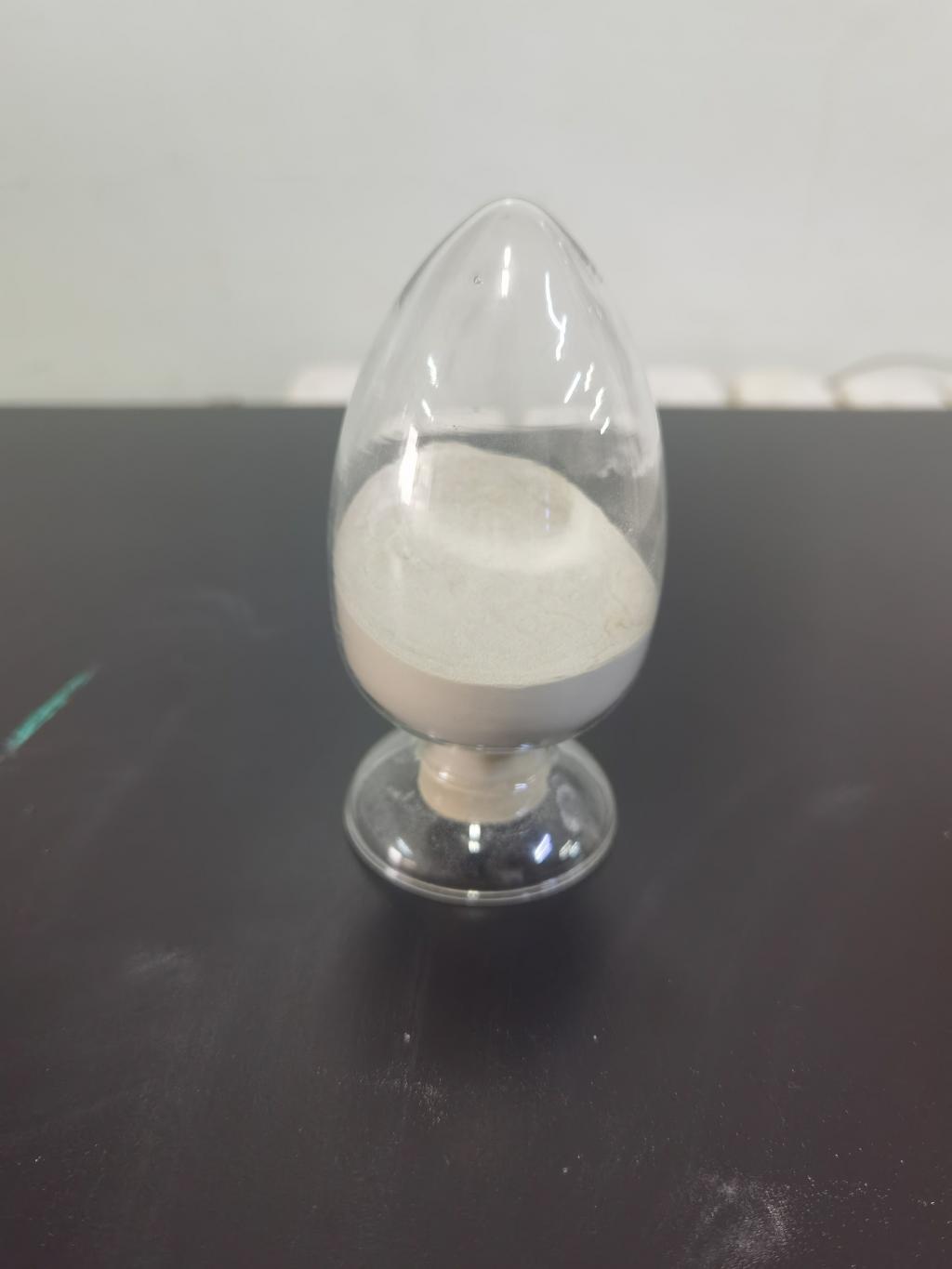Tel:+8618231198596

News
 CONTACT
CONTACT
 CONTACT
CONTACT
- Linkman:Linda Yao
- Tel: +8618231198596
- Email:linda.yao@dcpharma.cn
- Linkman:CHARLES.WANG
- Department:Overseas
- Tel: 0086 0311-85537378 0086 0311-85539701
News
Can Nisin be used in organic or natural food products?
TIME:2023-05-30
Understanding Nisin:
Nisin is a naturally occurring peptide produced by the bacterium Lactococcus lactis. It has been extensively studied and approved for use as a food preservative in many countries. Nisin exhibits strong antimicrobial activity against a broad spectrum of bacteria, including some foodborne pathogens. It works by disrupting the integrity of bacterial cell membranes, thereby preventing their growth and survival.
Organic Food Regulations:
One crucial aspect to consider when using nisin in organic food products is its compliance with organic food regulations. These regulations vary across countries and certification bodies, but they generally aim to promote sustainable agricultural practices and restrict the use of synthetic additives. Nisin, being a naturally occurring peptide, has the potential to be considered compatible with organic food standards. However, it is essential to consult specific organic certification bodies and comply with their guidelines before incorporating nisin in organic food products.
Benefits of Nisin in Organic Food Products:
a. Extended Shelf Life: Organic food products often lack synthetic preservatives, making them more susceptible to microbial spoilage. Nisin can help extend the shelf life of organic foods by inhibiting the growth of spoilage bacteria and foodborne pathogens. This helps maintain product freshness and reduces food waste.
b. Clean Labeling: Consumers increasingly seek food products with minimal additives and clean labels. Nisin's natural origin allows manufacturers to label it as a natural preservative, which aligns with consumer preferences for transparency and simplicity.
c. Reduced Chemical Preservatives: Incorporating nisin into organic food products can potentially reduce the need for synthetic chemical preservatives. This aligns with the principles of organic production, as nisin is derived from natural sources and has a proven safety record.
d. Targeted Antimicrobial Activity: Nisin primarily targets bacteria, making it an effective preservative against bacterial spoilage. This targeted activity allows for the preservation of the food product while minimizing the impact on beneficial microorganisms and natural fermentation processes.
Compatibility with Organic Principles:
To ensure compatibility with organic principles, it is essential to consider the source and production methods of nisin. Ideally, nisin should be derived from non-genetically modified organisms (non-GMO) and produced using sustainable and environmentally friendly methods. Furthermore, the use of nisin should not compromise other organic principles, such as biodiversity conservation, soil health, and animal welfare.
Consumer Perception and Acceptance:
Consumer perception and acceptance of nisin as a preservative in organic food products play a crucial role in its market success. Research shows that consumers generally accept natural preservatives more favorably than synthetic ones. However, communication and education regarding the safety, effectiveness, and natural origin of nisin are essential to build consumer trust and acceptance.
Current Applications and Future Potential:
Nisin is already used as a preservative in various conventional food products. However, its application in organic food products is relatively limited. There is an opportunity to explore and develop new organic food formulations that leverage the benefits of nisin. Further research and collaboration between food scientists, organic food producers, and regulatory bodies are necessary to unlock the full potential of nisin in organic food preservation.
Conclusion:
Nisin, a natural antimicrobial peptide, holds promise as a preservative in organic and natural food products. Its compatibility with organic food regulations, extended shelf life benefits, clean labeling advantages, and targeted antimicrobial activity make it an attractive option for organic food manufacturers. However, careful consideration of organic principles, consumer perception, and compliance with specific organic regulations is crucial. Further research and collaboration are needed to fully harness the potential of nisin in the organic food industry, contributing to the availability of safe and high-quality organic food choices for consumers.
- Tel:+8618231198596
- Whatsapp:18231198596
- Chat With Skype







